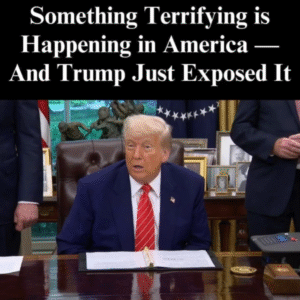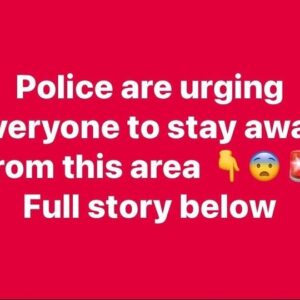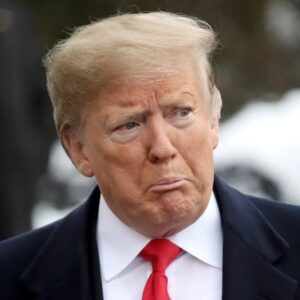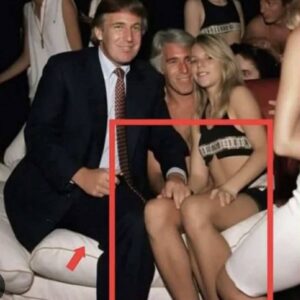Homeland Security Secretary Kristi Noem’s announcement this week has sent political shockwaves through Chicago and Washington alike. In a tense press briefing, Noem confirmed that federal agents had made several high-profile arrests in Chicago as part of “Operation Midway Blitz,” a federal crackdown aimed at targeting undocumented immigrants with criminal records and suspected gang affiliations.
The move has immediately placed Chicago Mayor Brandon Johnson in the national hot seat. Noem accused Johnson and his administration of “shielding criminals under the guise of compassion,” arguing that Chicago’s sanctuary city policies have allowed violent offenders to evade justice. “We will not stand by while local leaders prioritize politics over public safety,” Noem said. “Chicago has become a war zone, and we are stepping in where the city has failed.”
According to Homeland Security officials, the operation began quietly several weeks ago and culminated in coordinated raids across multiple neighborhoods. Federal agents reportedly detained over two dozen individuals, including several with prior deportation orders. Noem emphasized that these arrests were made “with precision and restraint,” insisting that the focus was on “the worst of the worst.”
But Mayor Johnson’s response was swift and defiant. During a press conference outside City Hall, he denounced the operation as a “gross overreach of federal power” and a direct attack on Chicago’s sovereignty. “This administration is weaponizing law enforcement for political theater,” Johnson said. “Our city will not be bullied into submission by fear tactics.”
Governor J.B. Pritzker backed Johnson, calling the operation unconstitutional and pledging to defend Illinois’ right to govern its own policing policies. Together, they filed an emergency legal motion seeking to halt further federal operations in the state until a full review could be conducted. “This is not cooperation — it’s coercion,” Pritzker stated. “We refuse to allow our residents to live under intimidation.”
Civil rights organizations quickly rallied to support Chicago’s leadership, warning that aggressive federal actions could erode trust within immigrant communities. “When families fear that any knock on the door could mean separation or deportation, public safety collapses,” said Maria Torres, director of the Midwest Immigrant Alliance. “People stop reporting crimes, witnesses stay silent, and the community suffers.”
Despite the backlash, Noem doubled down on her stance. In a follow-up interview, she claimed that Chicago officials were “more concerned about optics than victims,” citing rising crime rates and a series of high-profile gang-related incidents as justification for the crackdown. “Our job is to enforce federal law,” she said. “If local leaders refuse to act, we will.”
Political analysts view this confrontation as a potential constitutional flashpoint. While the federal government has authority over immigration enforcement, states and municipalities retain the power to decide how their local law enforcement collaborates with federal agencies. The question now is whether the Biden administration — which appointed Noem to her role as Homeland Security Secretary — will support the escalation or step in to ease tensions.
As protests erupt across Chicago, the city finds itself torn between two competing visions of safety and sovereignty. Supporters of the crackdown argue that decisive action is long overdue, while opponents fear it signals the beginning of a dangerous precedent — one where federal power can override local autonomy at will.
For Mayor Johnson, the stakes could not be higher. His administration, already under scrutiny for rising crime and strained budgets, now faces national attention and political pressure from both sides of the aisle. Meanwhile, Kristi Noem’s firm stance has bolstered her image among conservatives who see her as a law-and-order leader willing to challenge entrenched Democratic cities.
Whether Operation Midway Blitz is remembered as a turning point for public safety or a violation of state rights remains to be seen. But one thing is certain: the battle between federal authority and local governance is far from over — and Chicago has become its newest battleground.





